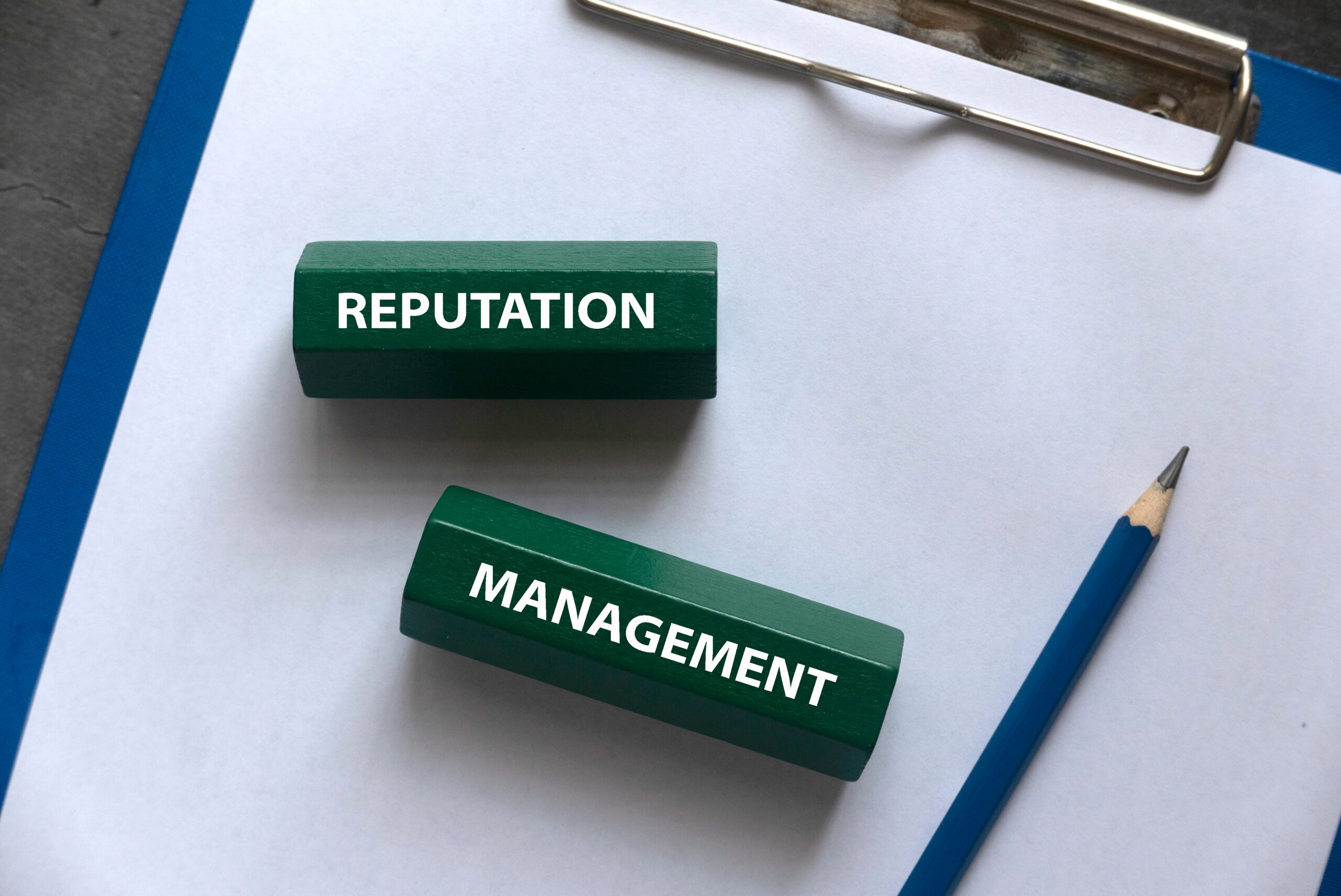
A positive reputation is one of your best assets
What do people think of you and how does your reputation affect your ability to achieve your goals in life? It goes without saying that a positive reputation can improve your chances of being successful in life. It is the same for your business, organization, association or other public-facing entity.
So, what happens when things go awry? Or maybe you just want to broaden your scope to your audiences in anticipation of an event, campaign or perhaps the launching of an IPO. That’s where reputation management comes in.
Reputation management strategies are essential for individuals and businesses to maintain a positive public image and handle any potential negative online presence. Here are some effective reputation management strategies:
- Monitor your online presence.
Regularly monitor your online presence by conducting searches on search engines and social media platforms. Set up Google Alerts to receive notifications whenever your name or brand is mentioned online. This helps you stay aware of any potential reputation issues.
- Respond promptly.
Address any negative feedback or comments promptly and professionally. Responding in a timely manner shows that you are proactive and care about your reputation. Engage in constructive conversations, provide solutions and show empathy towards customer concerns.
- Be transparent.
Transparency is key to building trust. Be honest and open in your communications with customers, clients and the public. If a mistake is made, acknowledge it, take responsibility, and demonstrate your commitment to rectifying the situation.
- Encourage positive reviews.
Actively encourage satisfied customers to leave positive reviews on review sites, social media platforms or your website. Positive reviews help counterbalance any negative feedback and enhance your online reputation.
- Build an online presence.
Establish a strong online presence through social media platforms, a professional website and relevant industry forums. Publish high-quality content that showcases your expertise and engages your audience. This helps establish your credibility and makes it easier for people to find positive information about you or your business.
- Monitor social media.
Pay attention to social media channels and address any negative comments or complaints. It’s important to be proactive in resolving issues, as social media platforms are often where reputation issues can spread quickly.
- Utilize SEO.
Optimize your website and content using search engine optimization (SEO) techniques. This ensures that positive and relevant content ranks higher in search engine results, pushing down any negative or irrelevant content. By creating new content, the old possibly negative content can continue to move to the bottom of the search engine to be replaced by strategic, positive content that will burnish your reputation.
- Seek professional help if needed.
In complex situations or severe reputation crises, it may be beneficial to consult with a professional public relations firm. These firms have expertise in handling reputation issues and can provide guidance on effective strategies to mitigate damage and rebuild your reputation.
Remember that building a positive reputation takes time and effort. Consistency, authenticity, and responsiveness are crucial elements in maintaining a strong reputation in today’s digital age.
